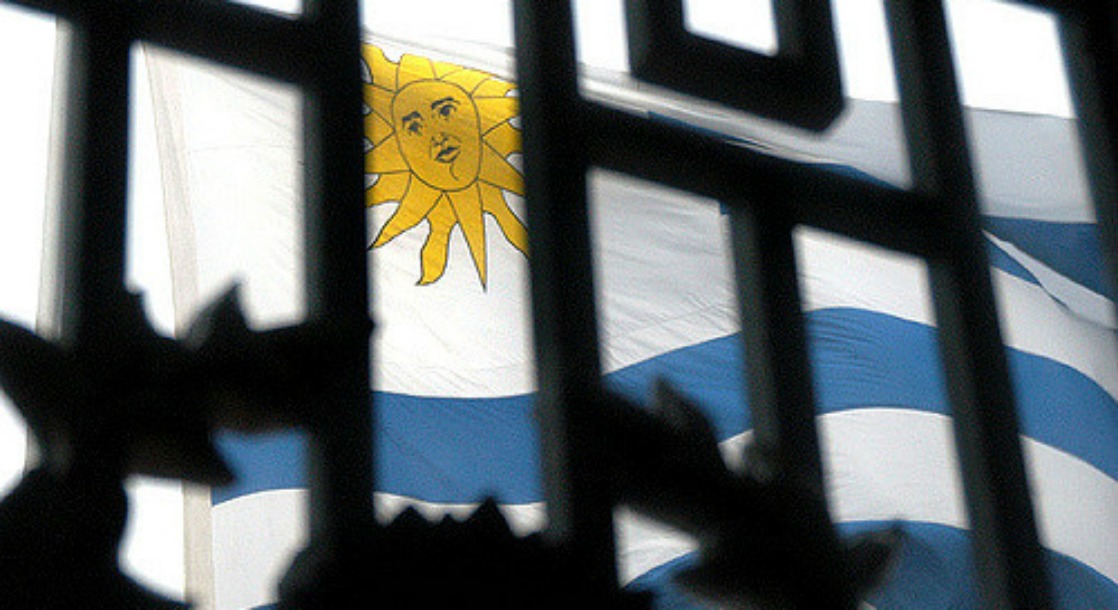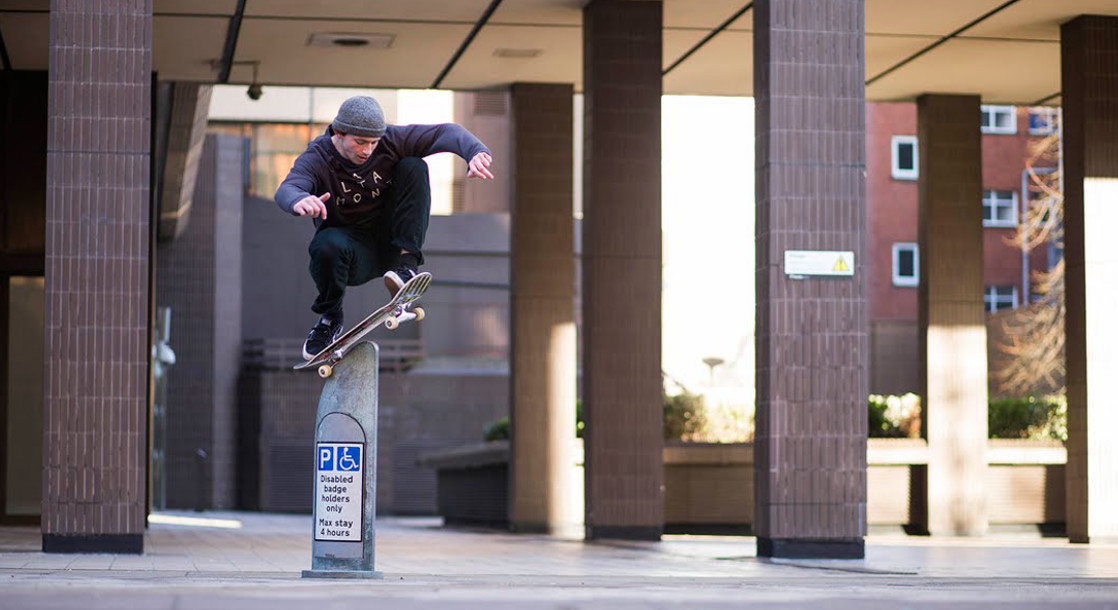It’s no secret the Uruguay is one of the most socially progressive countries in all of South America. From legal prostitution to a well-regulated gambling scene, this nation of 3.4 million people is now set to fully legalize the sale of cannabis. In the coming weeks, citizens will be able to stroll into the neighborhood pharmacy and purchase government-approved marijuana for $1.30 per gram.
And while you might already be looking up plane tickets to Montevideo for your next vacation, you might want to take a closer look at the regulations. Because while cheap legal weed sounds like a perfect tourist destination for stoners, the government will implement a number of laws to keep the cannabis market as boring and limited as possible.
According to the Washington Post, foreigners will not be allowed to purchase recreational cannabis from Uruguay's pharmacies. There will also be no Amsterdam-style social clubs to allow tokers to congregate and enjoy the herb together. Additionally, any kind of branding or commercial advertising will be banned, so no need for legal weed investors to perk up. In fact, not even the companies specifically permitted to produce cannabis will be allowed to put their label on products.
Uruguay’s government has created a special commission to determine everything from the genetic makeup to the percentage of psychoactive compounds in the plant, and once cannabis hits the shelves, THC levels will be limited to between 5 to 10 percent. Although marijuana will be made available to citizens over 18, they will have to register with a government database before making any purchases, a factor that’s dissuading some advocates and insiders from supporting the legalization framework.
Under the current regulations cannabis consumers will have to scan their fingerprint, opening up a government database that will tell the pharmacy how much marijuana they are eligible to purchase. Uruguayans will be allowed to buy up to 40 grams per month from one selected commercial pharmacy.
The tight regulations seem to stem from the government’s weariness about how legalization will impact the country’s international image. Additionally, some officials claim that international banking rules that sanction entities with ties to the drug trade has also had an effect. The hefty restrictions are more draconian in rule, but not unlike what the Canadian government has in store for their country, as Trudeau and his team also plan to make legal cannabis as boring as possible.
All in all, it seems like Uruguay’s government is taking a carefully measured approach to cannabis legalization. The goal is certainly not to make the country a marijuana hotspot for tourist, and instead, President Tabaré Vázquez and his government seem more concerned with bypassing the black market and allowing citizens to get their fix through government-regulated green.











